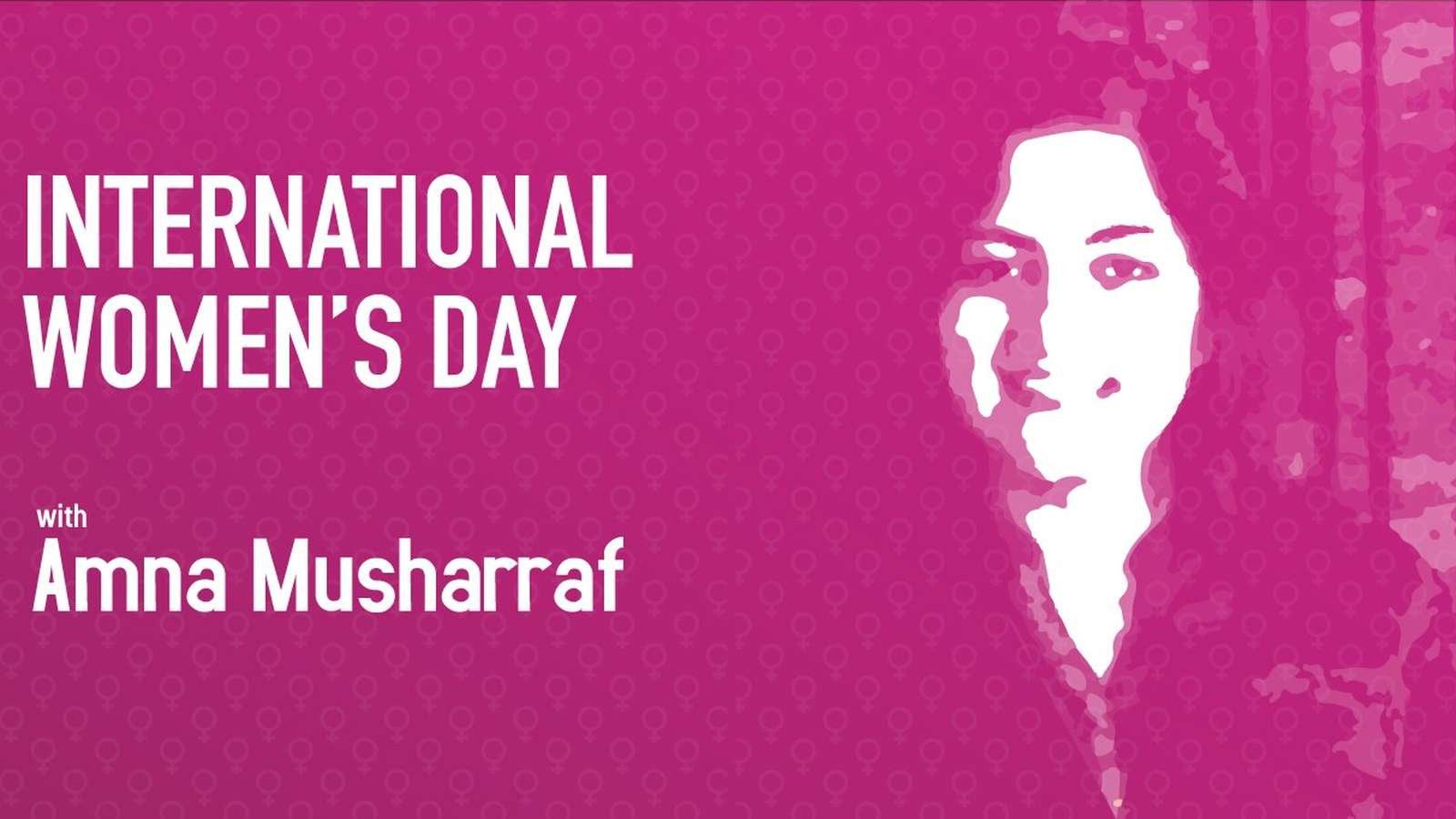
“The first principle is that you must not fool yourself — and you are the easiest person to fool.” Richard Feynman
The odds were stacked against me from the moment I was born. I was diagnosed with Arthrogryposis Multiple Congenital (AMC), a rare condition that effects multiple joints in my body. It literally means curving of joints and in my case, I had clubfeet and flexed hips. I could not walk as the disease affected my balance. The obstinate pain resulted in me going through multiple orthopedic surgeries and countless hours of physical therapies when I was only 7 days old. I can walk on my own now but it’s not easy. As with any physical disability, the greater challenge is in coping with the situation mentally. I was bullied at school because I looked different, rejected from work opportunities despite graduating as a competent software engineer. Nevertheless it has been an amazing journey, a roller coaster of emotional rides but I’ve managed to navigate through all of this ordeal and accept that I’m differently able and that’s okay.
At home, my parents did not have only me to care for but also my brother who was born with Down’s syndrome. Despite the curveball that life threw at them, my parents encouraged and enabled me to look past my physical limitations and work harder to achieve my full potential. My parents were my biggest support system. My father would never associate me with my disability, he would chide me and encourage me to face the challenges as anyone else would. I remember coming home to my mother discouraged from all the things I had to hear at school. My comments were never received with sympathy. Instead she told me to ignore what people around me said because they didn’t know better and I should. My outlook on life has mostly been shaped by her upbringing.
When I had successfully graduated BS, I had to face an initial job struggle due to my condition. My career progression did not come easy either. Most of my management had been very supportive but my mobility issues caused concerns. I was able to prove them wrong when I first took a business trip to Norway on my own. While I was given the option of commuting to work in a cab, I mostly walked on my own. My colleagues would avoid accompanying me thinking if something happened, they would be held accountable. I even forged an email letter from my father to the management convincing them that I had permission to visit a local amusement park. Nothing held me back and that trip marked a turning point in my life by giving me the confidence to make several trips alone in the future.
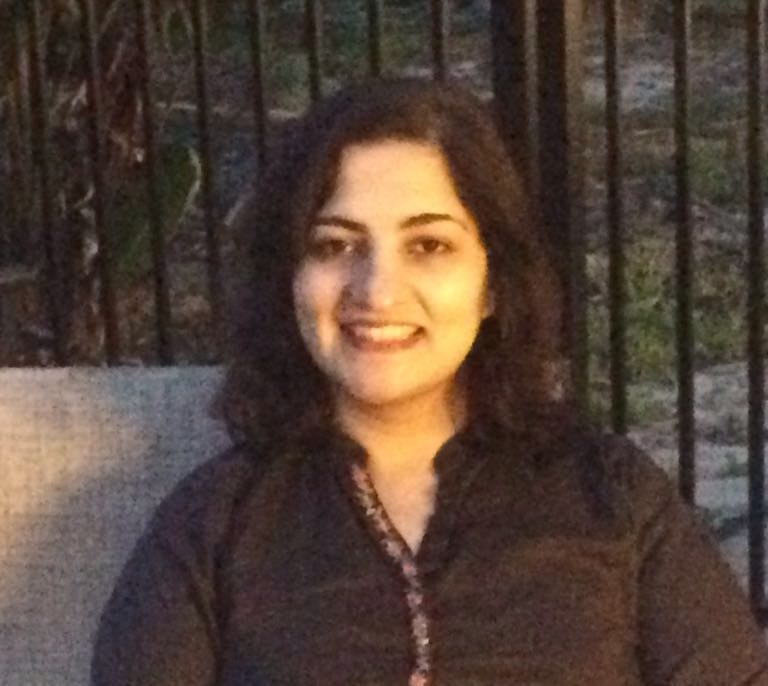
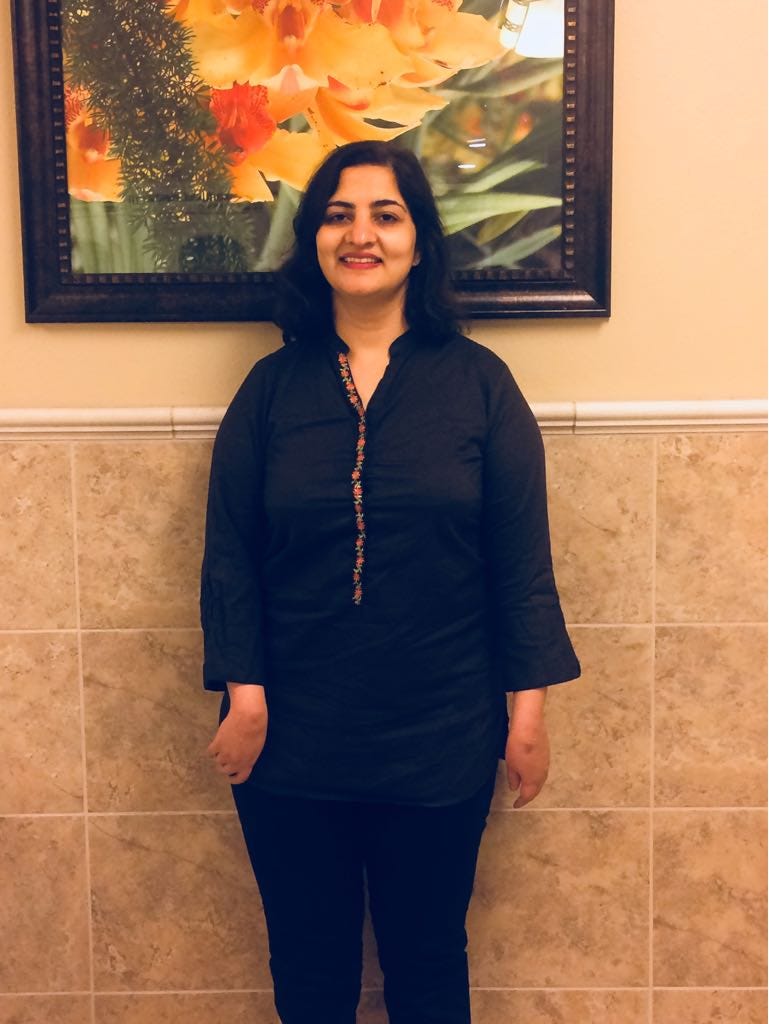
I also kept myself busy in volunteer work for a long time at a vocational center in Pakistan for Blind Women. That’s when I learned how to live for others. While I’ve my diffability, there are other people around me who have their own challenges too. It was an inspirational experience that I cherish to this day.
However, the lowest point in my life came when my pillars of strength, my parents, passed away. Their untimely death shook my confidence. Achievements seemed meaningless as I no longer had my parents to share them with. Calling it as a difficult time would be an understatement. Whatever I did, I did it for them. It’s been a few years since my mother passed away but after the demise of my father only two years ago, I wasn’t sure how to be on my own. His happiness was my motivational drive and I felt completely lost. I was severely depressed but as they say, when you hit rock bottom, that’s when it’s time to rise. My purpose and perspective of life changed from there on.
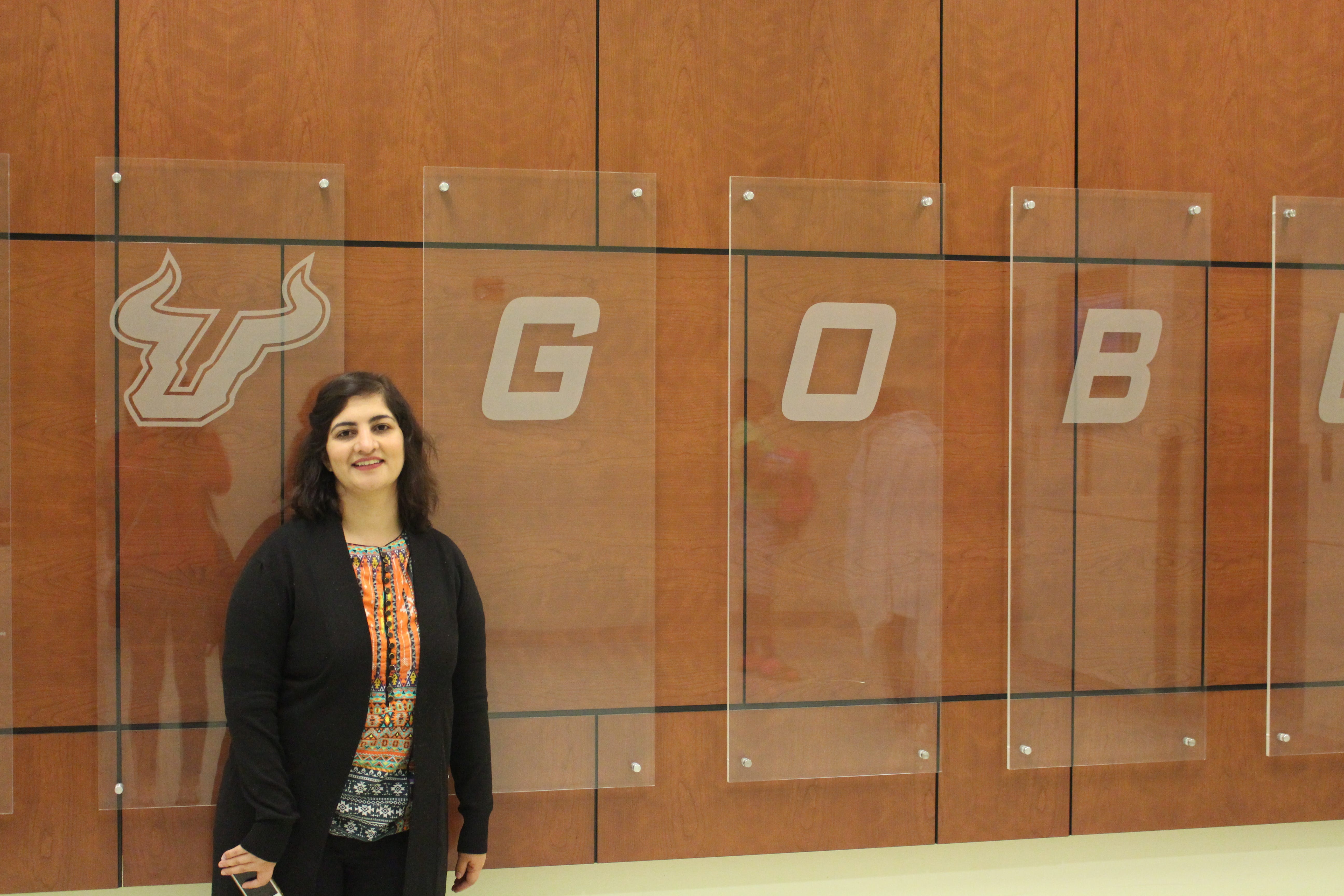
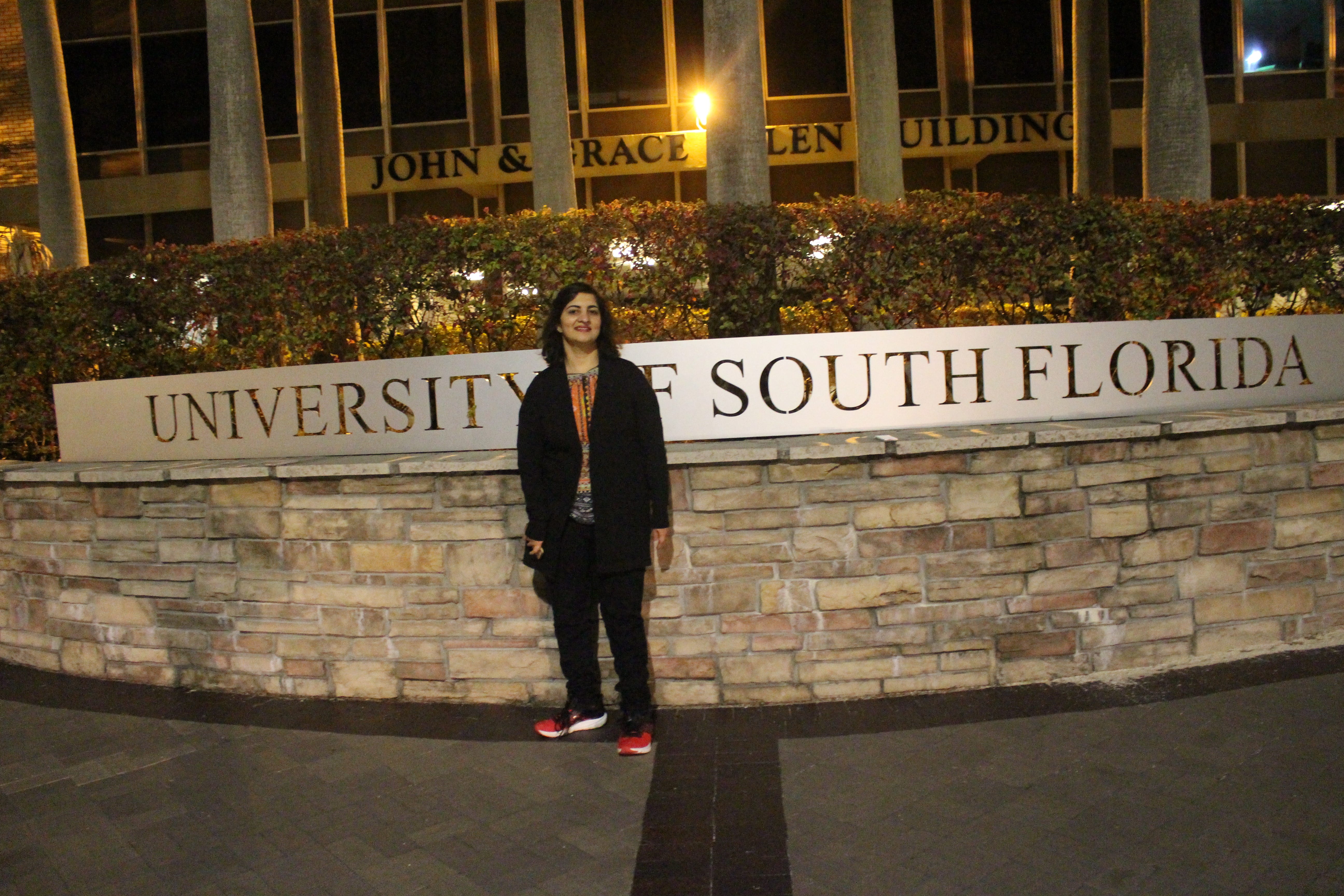
I decided to pursue MSc. from University of South Florida. Not only did I score the admission with ease, I got the visa too despite my unfavorable profile. I’ve just received my semester result, scoring a 4.00 (100%) CGPA encouraging me that I made the right choice. One of the things I’ve observed in the states is that people are generally more accepting and have systems established for disabled people, which is a major shortcoming for the disabled in Pakistan. However, what still bothers me everywhere is that people tend to generalize every disability so sometimes I wish that people would just come up to me and ask me what is it that I need instead of making assumptions and decisions on my behalf.
All decisions come with challenges but I’m committed to making the most of things because in the end, there is no one else around you but you yourself and the ability to make difficult choices and swerve through them is what makes us resilient. I want to raise awareness regarding my condition and show others that if it’s AMC for me, it might be something else for you and no matter what it is, we all have that potential to work around in our given circumstances.
I think my life is pretty awesome. Despite all the obstacles, I’ve learned that if I don’t have a positive outlook and if I never try, I will never be able to know my true potential. I would like for everyone to please be kind to each other. Life is a beautiful gift. It can be miserable at times, but there is always a way around. In my own way, I’ve tried to make my life an example by directing my emotional and physical energy in to something substantial and I hope I can inspire someone through my story. I take pride and joy in my challenges for they made me stronger. My only belief is that we all need to be self-armored. If we wish something, want something, we need to live it. Our adversities can either destroy us, define us or strengthen us. This is to choosing strength above all else.
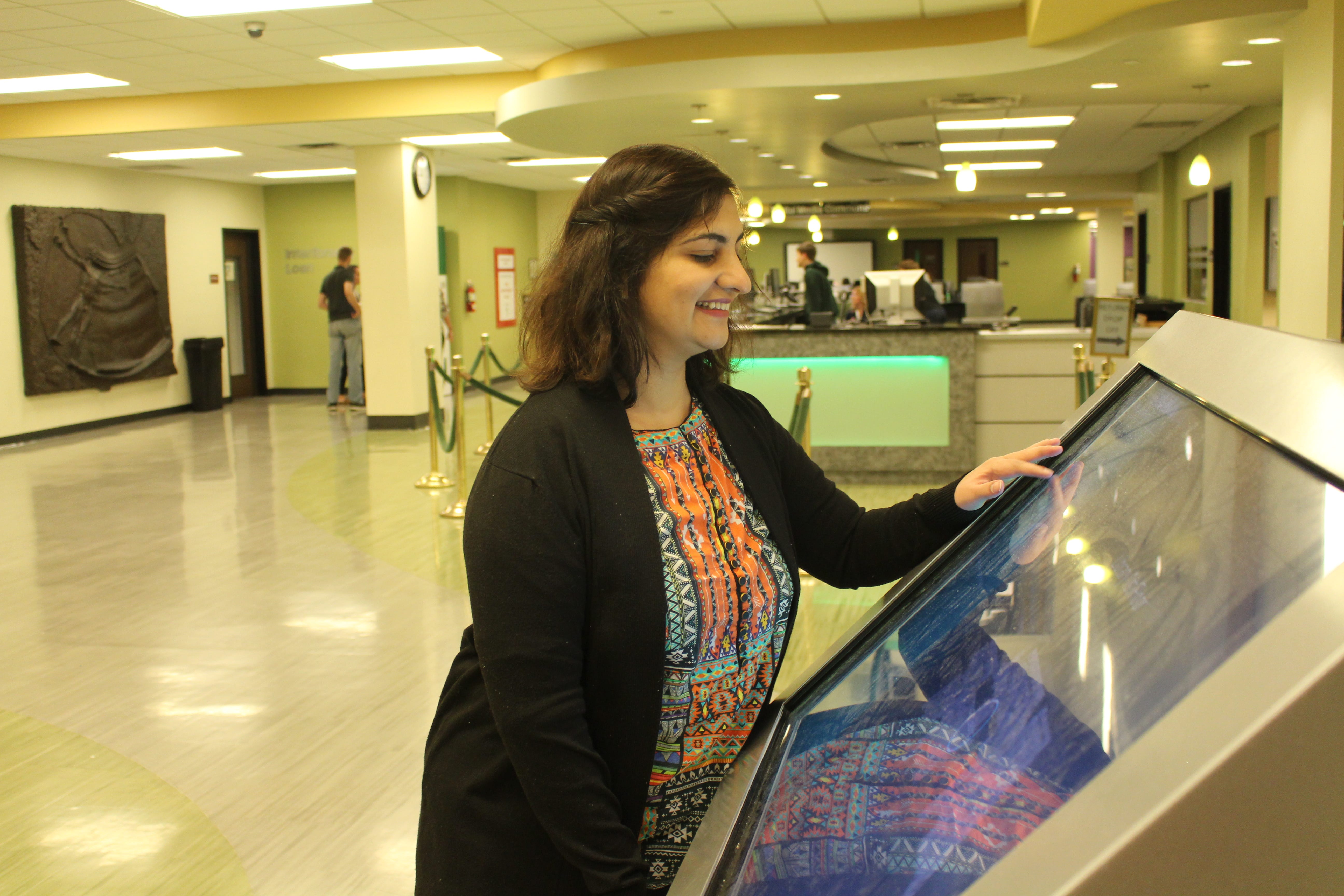
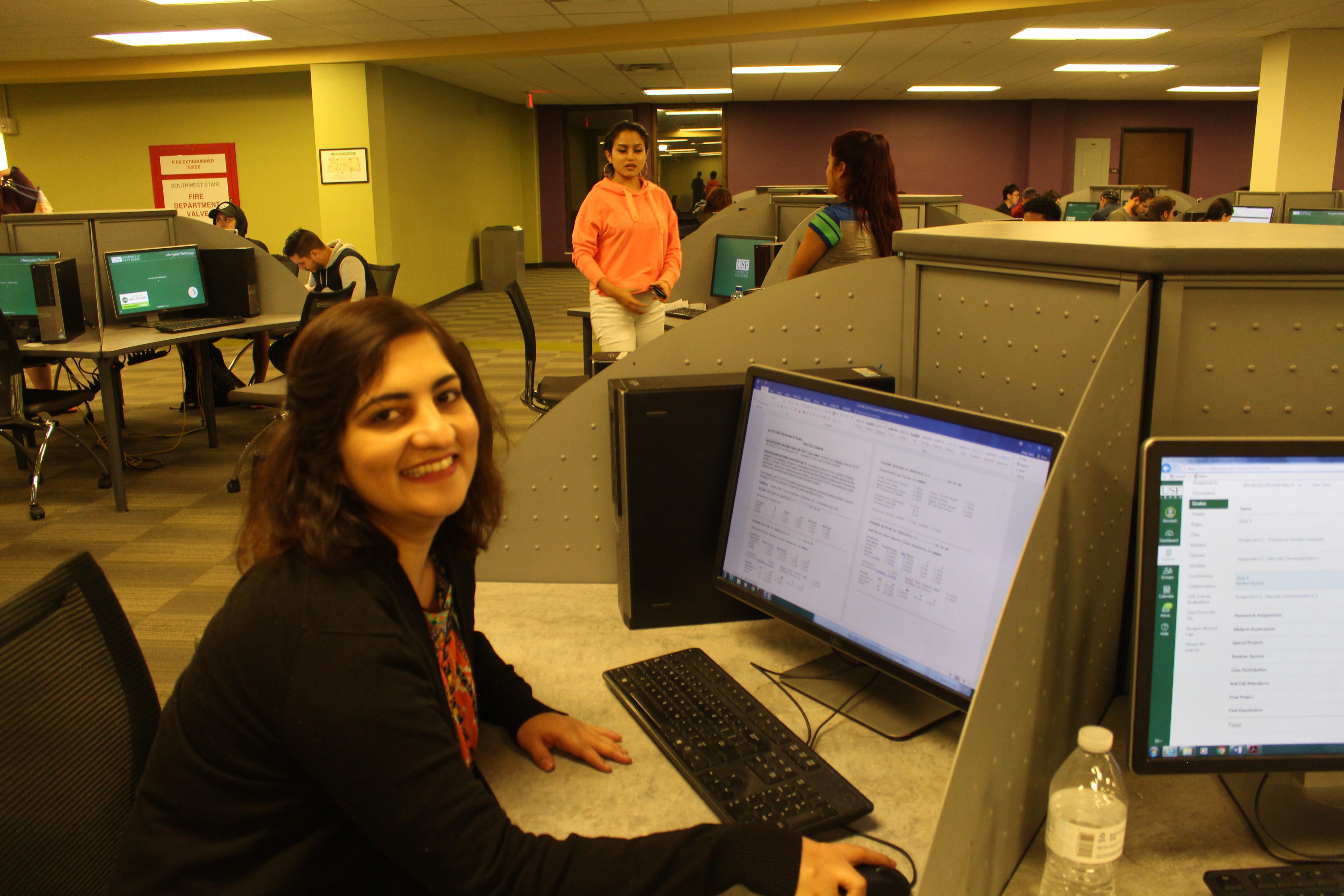
Short Bio
Name: Amna Musharraf
Age: 35
Nationality: Pakistani
Academic Qualifications: BS Software Engineering from Pakistan. Current MS student at University of South Florida, Tampa USA.
Professional Experience: 7+ years of experience of Software Testing, Team Lead, Project Management in Pakistan’s most renowned companies Telenor, LMKR and IBM.
Interviewed by: Aina Hafeez
Co-written by: Aina Hafeez & Saleha Parvez